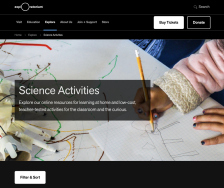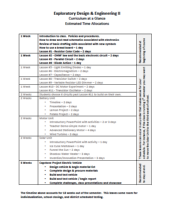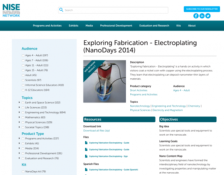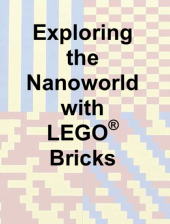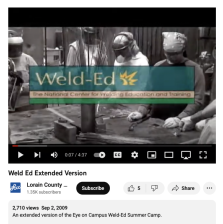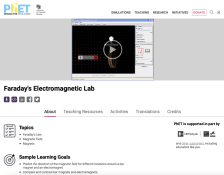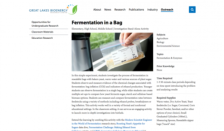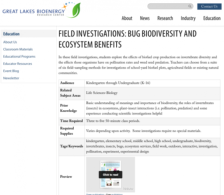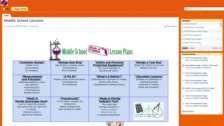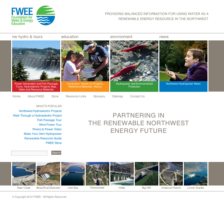Browse Resources
Resources |
|---|
This webpage features a wide variety of interactive science teaching activities. Each activity includes subjects and keywords, tools and materials, detailed instructions, and an explanation of the science behind the activity. Occasionally demonstration videos are featured. Sample activities include...
Course Description:
Exploratory Design and Engineering II is a project-based course for seventh to ninth grade students, which focuses on skills in math, science, technology, and engineering as it applies to electric vehicles. The course, from Utica Community Schools, and developed with seed...
This hands-on activity, published by the National Informal STEM Education Network, can be used by instructors to teach electroplating. Included with this activity is a description, objectives, a video that runs 12:28 minutes in length, a handout titled Exploring Fabrication Electroplating (available...
The University of Wisconsin-Madison Materials Research Science and Engineering Center (MRSEC) for Nanostructured Materials and Interfaces has launched an effort to make the nanoworld accessible and comprehensible to everyone. This booklet is an important part of the effort. LEGO bricks provide a...
This video, created by Weld-Ed: The National Center for Welding Education and Training, is four and a half minutes long and describes the experiences of girls participating in a Weld-Ed summer camp. The camp, targeted at seventh and eighth grade girls, introduces students to welding and related...
Faraday's Electromagnetic Lab, created by the University of Colorado, allows students to play virtually with a bar magnet and coils to learn about Faraday's law. Students can move a bar magnet near one or two coils to make a light bulb glow and view the magnetic field lines. A meter will show the...
This is a demonstration table or interactive activity that GLBRC has done at family-style outreach events such as Science Expeditions at UW-Madison. It appeals to a range of younger children, about ages 5-14 or grades K-8. It is also a useful introduction for more advanced students. Prep time and...
Students will discover the relationship between biofuel crop production and invertebrate biodiversity in these field investigations as well as the "effects those organisms have on pollination rates and weed seed predation." Instructors will have the option to choose from six field-sampling methods...
This page from the Florida Advanced Technological Education Center for Manufacturing (FLATE) provides links to a number of lesson plans for middle school students. Some of the lessons pertain to manufacturing in the state of Florida, and others would be applicable to a number of science classes,...
This webpage, provided by the Foundation for Water & Energy Education, provides information regarding the use of water as a renewable energy resource in the Pacific Northwest region of the United States. The foundation includes various curricula focused on the topic of hydropower for use in the...
|
| ← PreviousNext → |
